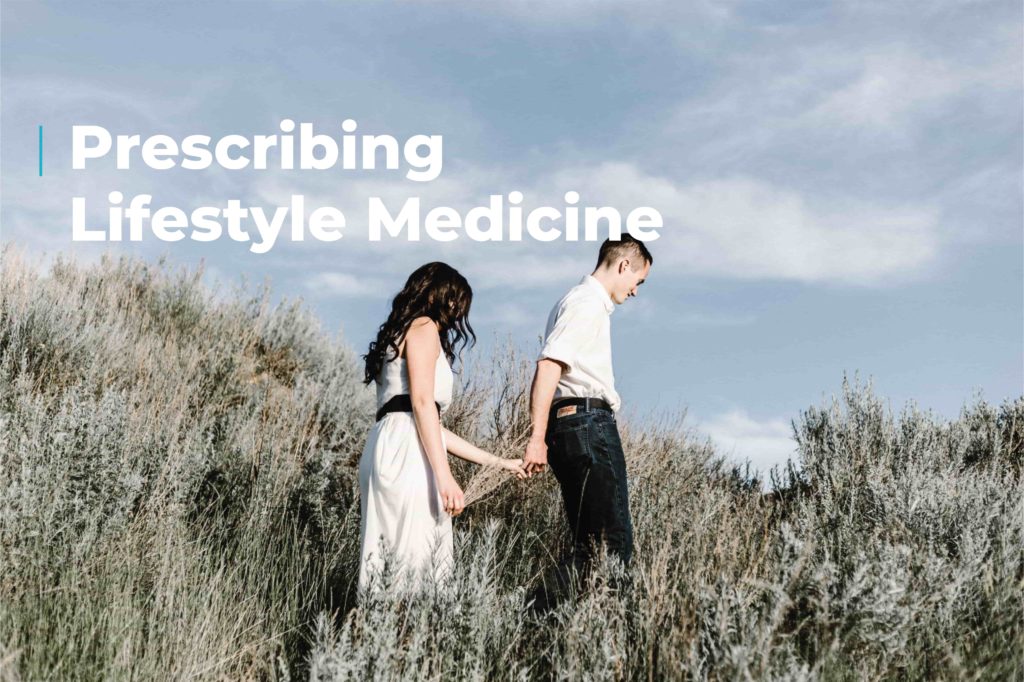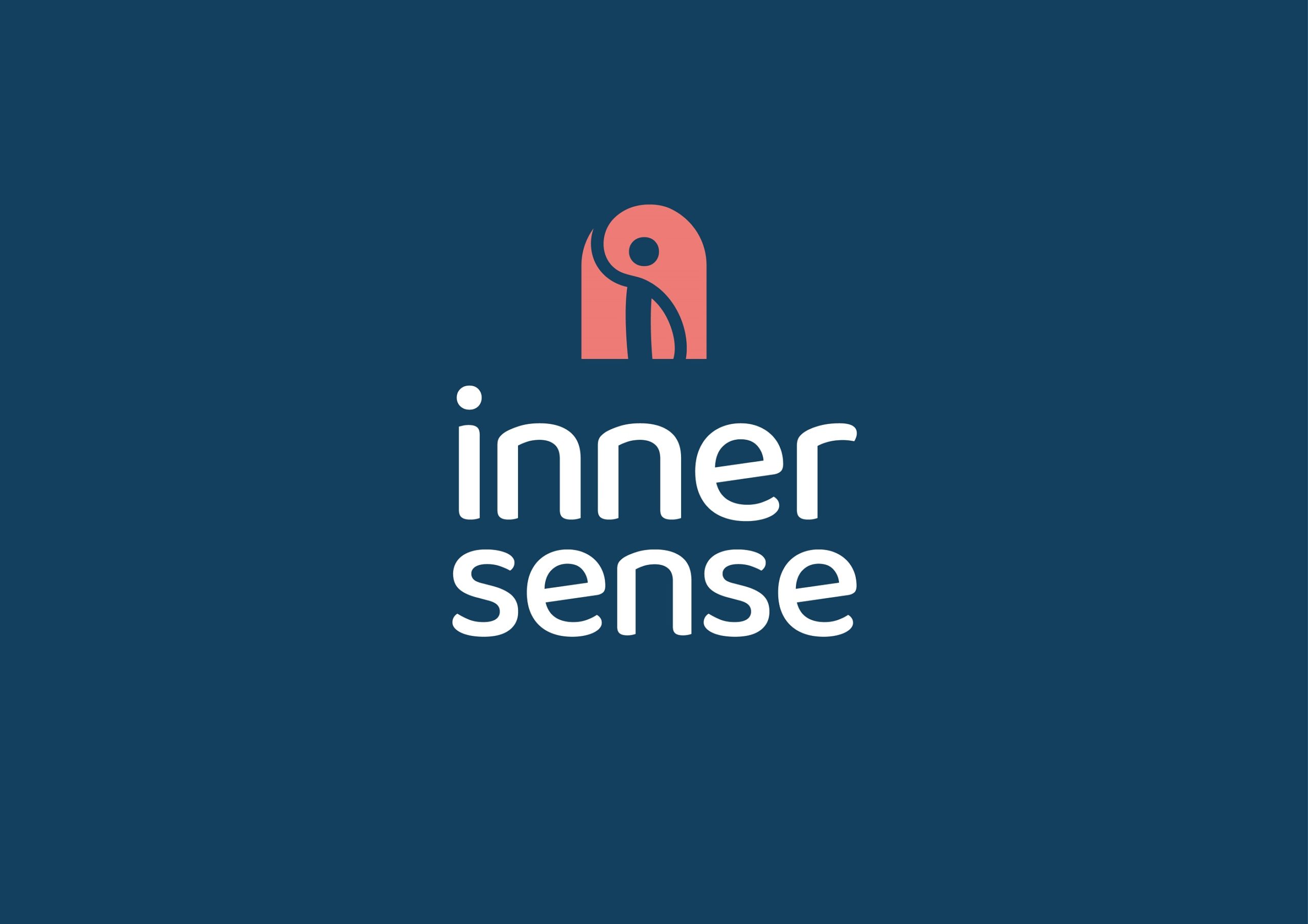Lifestyle Medicine is a branch of healthcare where changes to lifestyle habits are prescribed by medical professionals to help treat and reverse diseases. The approach is based on clinical evidence showing that many modern maladies are a product of our lifestyle.1 It gives patients the power to influence their own health and treatment, a fundamental change to the current of healthcare providers but one that’s growing in prominence in mainstream medicine.
What Can Lifestyle Medicine Help With?
Lifestyle medicine is most effective when used to treat long-term conditions, like:
- Heart disease
- Certain cancers
- Autoimmune diseases
- Diabetes
- Depression
- Osteoarthritis
- Dementia
These common chronic health issues are estimated to be responsible for over 70% of all deaths globally, but evidence suggests they can be prevented and even reversed through lifestyle choices.23
How Lifestyle Medicine Differs from Standard Healthcare
Lifestyle medicine is a radical departure from the standard approach used by GPs in the NHS. Below we compare a few of the main differences:
| Standard Approach: Disease-Oriented | Lifestyle Medicine Approach: Health-Oriented |
| GPs look at the pattern of symptoms presented by a patient | Lifestyle medicine assumes that a patient’s default state is healthy |
| They aim to diagnose a disease or refer the patient on for further tests | Their symptoms have arisen due to one or more systems in their body being out of balance |
| Pharmaceutical drugs are frequently prescribed or maybe even surgery | Day-to-day habits and behaviours are prescribed |
| The overall objective is to detect diseases early and prevent them from worsening | The overall aim is to reverse or prevent disease altogether |
What Happens During a Lifestyle Medicine Appointment?
During a lifestyle medicine appointment, your GP spends the first few minutes trying to build up a picture of a typical day for you. They ask you about things like work-life balance, what you eat and when, and how you sleep. They also take into account your genetic and environmental influences.
You’re then prescribed a research-backed personalised plan based on:
- Food
- Movement
- Sleep
- Relaxation
- Environment
Is Lifestyle Medicine the Future of Healthcare?
In 2020 over 550 healthcare professionals, including NHS doctors, took part in a course called Prescribing Lifestyle Medicine. Delivered by Mr Michael Ash, Dr Rangan Chatterjee and Dr Ayan Panja, the online programme was hugely well-received and will this year be made available to a wider audience through a partnership with Practice Unbound.
Despite this, it’s unrealistic to say that Lifestyle Medicine will replace all forms of standardised medical care. Surgery and drugs can be vital and form part of lifesaving interventions in emergency situations when a person needs specialist, immediate attention.
But when it comes to chronic conditions that don’t respond well to the standard disease-oriented approach, Lifestyle Medicine can help us to take control of our health.
Sign Up for Our Newsletter
If you found this post interesting, please sign up to the Restoring Balance newsletter for more insights into health and wellbeing. And click on the following link to download a free chapter from my book
Sources and References
Photo by Priscilla Du Preez on Unsplash
- https://prescribinglifestylemedicine.org/
- https://www.who.int/news-room/fact-sheets/detail/noncommunicable-diseases
- https://blogs.bmj.com/bmj/2018/02/01/richard-smith-doctors-and-patients-heading-in-opposite-directions/



